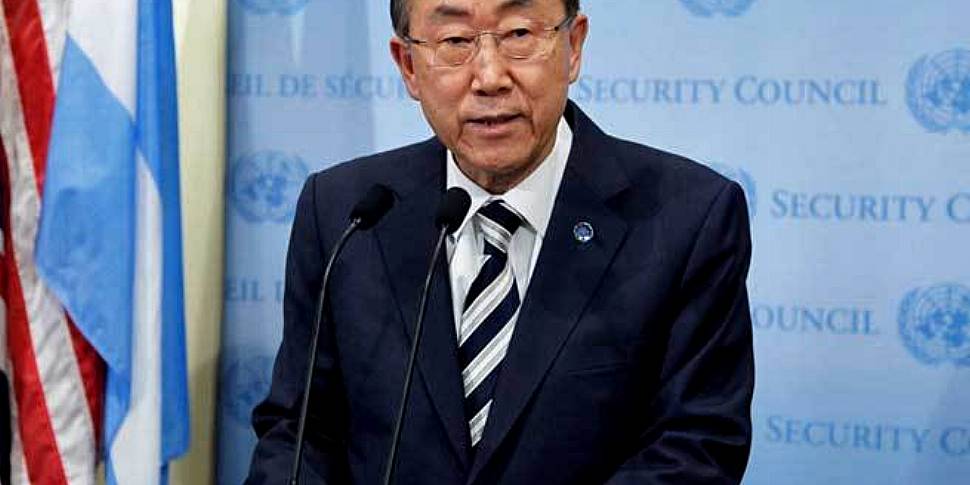A global arms trade treaty regulating the €70bn industry enters into force today.
The Arms Trade Treaty is aimed at keeping weapons out of the hands of human rights abusers and criminals.
60 states - out of 130 signatories - have ratified the treaty, meaning the treaty can now come into force. Supporters of the treaty have welcomed the development, saying it was long overdue.
The United States - the world’s top arms exporter - signed the treaty in 2013, but the country's senate has not yet ratified it. The National Rifle Association in the US opposes the treaty's ratification.
The treaty prohibits a state from authorising arms exports where it has knowledge that the weapons will be used in the commission of genocide, crimes against humanity, grave breaches of the Geneva Conventions of 1949 or other war crimes.
It will also oblige states to minimise the risk that weapons would be diverted into the wrong hands or to the illicit market, and to adhere to robust, comprehensive and legally-binding standards.
In a statement yesterday, UN Secretary-General Ban Ki-moon said "the speed with which the ATT came into force – less than two years since its historic adoption by the United Nations General Assembly – is testimony to the commitment of States, international organizations and civil society to stop irresponsible arms transfers.
"Ultimately, it attests to our collective determination to reduce human suffering by preventing the transfer or diversion of weapons to areas afflicted by armed conflict and violence and to warlords, human rights abusers, terrorists and criminal organizations," he added.
He also encouraged any states who have not yet joined the treaty to do so 'without delay'.









